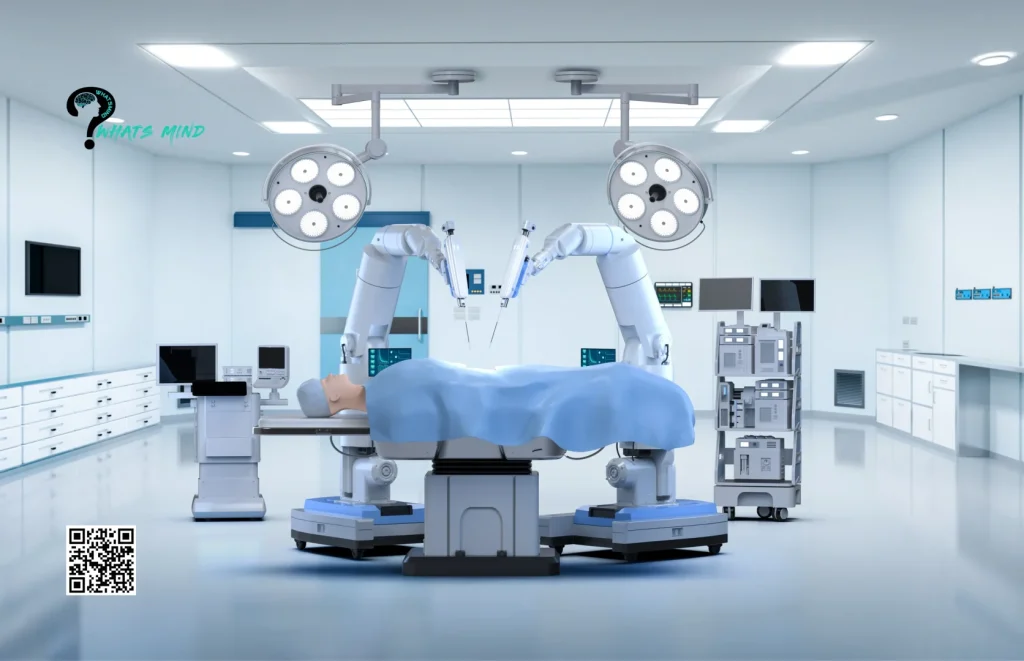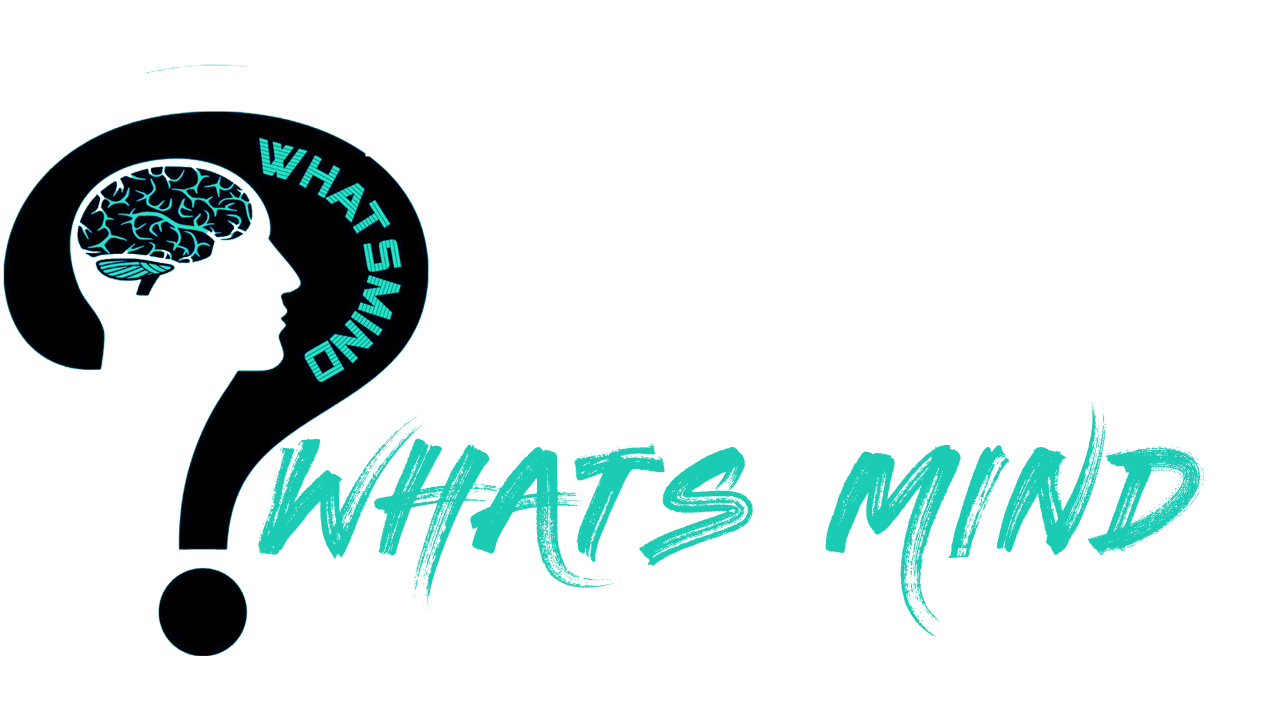The Healthcare Challenges of Tomorrow – How to Address Them?

With the revolutions and after the avalanche of the pandemic, several healthcare challenges came up front. Have they stirred the modern healthcare system? Sure thing! Issues like staff shortages, patient surges, and the need to introduce modern equipment and methodologies to treat resistant microbes have become necessary. Further on, government intervention and innovation have made matters difficult.
It puts an extra burden on caregivers as they don’t just have to give medical attention but ensure patient satisfaction by going beyond their role. They need to be cybersecurity heroes, tech experts, finance experts, and much more. The typical challenges faced today are handled by training and modern advancements. Cybersecurity threats, limited staffing, and invoicing are issues emerging in 2024.
But the challenges couldn’t be resolved shortly, they seem to be causing a problem in the future too. Generative AI ushering in healthcare, the introduction of robotics, and a high surge in population could be typical issues we might face.
In this guide, we will unravel healthcare challenges faced today as well as the potential ones in the future.
Table of Contents
Healthcare Challenges In 2024
Just recently and in the past, the healthcare sector has been bombarded with certain challenges that have caused havoc in the industry. The common healthcare challenges are considered to be:
Cybersecurity Threats
A healthcare organization’s reputation is always at stake because the patients share pretty much everything with medical professionals.
The hospital has access to their information, contact number, medical records, identifiable information, and even their payment details.
If a cyber-criminal attacks, all the personal details of patients will be jeopardized and that is a matter of serious concern.
Healthcare Billing & Payments
The healthcare billing and invoicing plans don’t make sense to almost 70% of patients and the benefits insurance, bill installments are considered jargon as a whole.
Cherry on top, medical bill management portals rarely suit patient’s preferences and it leads to late or sometimes payments.
These issues can be simplified by aligning bill payments with patients’ expectations. An online portal can be created which will give free rein to the users to pay conveniently. Moreover, easy payment plans can be offered without the need for phone calls or breathing on the patient’s necks for money.
However, compliance with government and regulatory changes is mandatory. How to do so? Follow the government training and regular updates.
You can hire a compliance officer who will review and revise our strategies 4 times a year. Engage with community affairs, participate in conferences, and even subscribe to industrial newsletters.
Healthcare Staffing Shortages
The healthcare challenges mainly include staffing shortages and it’s not supposed to end any time soon but are expected to surge in the next decade.
As physicians retire, the patients’ number grows and ultimately the number of primary care providers’ availability lessens.
It has proved to be one of the biggest healthcare challenges to keep up with the increasing demand of the healthcare system.
However, it can be managed if you customize the technology and incorporate a telehealth system by making online patient portals. Give optimal patient satisfaction so it retains patients. Giving healthcare providers enough training will come in handy in the long run.
Healthcare Challenges In the Future
The healthcare risk we are facing today is no child’s play. But unfortunately, the healthcare challenges predicted in the future are advanced and have a bigger hand in shaping the sector.
Greater Longevity Rate

You will be surprised to know that specifically in the West the longevity rate has surged high. It has even reached its limit like people exceeding almost 10 decades where one study claims almost 125 years or more are still possible. The birth rates have notably declined. It has become a global need to replace the doctors who will retire soon with young aspiring ones, otherwise, staff shortages will take root.
Moreover, there’s a need to bring advanced business models and innovative finance and payment systems that will match the increasing healthcare demands. Additionally, these healthcare challenges need to be addressed for caregiver support.
Digitized Patient’s Information
Patients’ health can’t be jeopardized by a manual and mismanaged record system. There’s a need for a digitized patient record as it gives precise data saving time and effort. Technological processing and health data must be shared with the utmost attention and are even more significant than financial data. This data holds importance because 20% of data directly comes from the medical practitioner itself.
Personalized Medical Care
Among all the healthcare challenges, giving tailored patient care is here. Drug usage has drastically changed in the past decade and will be there in the future too. It’s predicted that almost 8000 drugs are being developed and are supposed to be given to patients personalizing their requirements.
It will improve effectiveness and will significantly reduce the drawbacks expected shortly.
Intervention of Robotics

With the healthcare challenges bombarding us, there’s another thing we need to address at the earliest opportunity. Robots! They are now everywhere like labs, operations theatres, and even consultation rooms. They can perform any task and have even replaced human intervention in most cases.
They can undergo experimentation to develop and test molecules, speed the researchers, and allow better precision in treatments. No doubt, a time will come soon when doctors will take follow-ups or even interact with patients not through phone calls but through robotic devices, and even remote surgeries are expected to be in the sector. Caregivers will no longer feel all the stress as robotics will change the home care services.
Incorporation of Generative AI
In the coming era, generative AI will sweep the healthcare system from its feet. It’s on the cusp of resolving many significant biological issues that are important for environmental health, humans, and animals.
Even to tackle neurodegenerative diseases like Alzheimer’s, a full grasp of AI is required to successfully incorporate it into the system.
Strategies To Tackle Healthcare Challenges
The modern-day healthcare challenges are way different from past ones and require different approaches to overcome them, here’s some strategies for you:
Data Collection & Analysis: Effective data collection is required by leveraging IT-based systems and electronic health records to monitor patient wellness. You must generate a baseline for patients’ outcomes to determine any progress.

Patient Access To Care: It is important to tackle healthcare challenges and involves having the right care at the designated time. This care goes beyond regular visits and preventive approaches but requires the use of innovative methods. Future advancements predicted to bring more connectivity and use of technology will provide people with exceptional care.
Robust Healthcare Education System: Why is it vital to deal with healthcare challenges? First, it gives rise to competent professionals who specialize in particular aspects, the prominent degrees are MHA (Masters in Health Administration), MD, and DNP. A skilled team is equipped enough to overcome challenges and provide quality care to patients.
Bottom-line
In conclusion, healthcare challenges are becoming invincible day by day. We must find out the weak links, which flaws the healthcare setups need to work on. Today, the challenges are found to be healthcare staff shortages, Improper billing systems, and cybersecurity threats.
In the future, we can expect the aging population, intervention of Robotics, generative AI, and digitized patient records.
However, these situations can be tackled by strengthening the education system, providing better access to patient care, and leveraging advanced IT systems.
Give it a thorough read to understand the challenges struck by healthcare and its solutions.
FAQs on Healthcare Challenges
What is the biggest challenge in healthcare?
The biggest one is known to be the increasing demand for healthcare services. There’s a demographic shift that has put extra strain on a limited workforce and to meet the need, an inadequate team is hired that leads to compromised care.
What is the biggest healthcare concern?
The noteworthy concerns are Substance abuse, tobacco, HIV/AIDS, physical activity and nutritional inadequacy, environmental health, mental health, injury, and violence.
You would like to read about:
- Ways Nurses Can Contribute More to Healthcare
- Fake Sick Leaves and AI Cold Detection
- Foods To Avoid While Taking Jardiance: Must-Have Foods, Lifestyle Considerations & Jardiance’s Impact
For more information, visit Whatsmind.com




